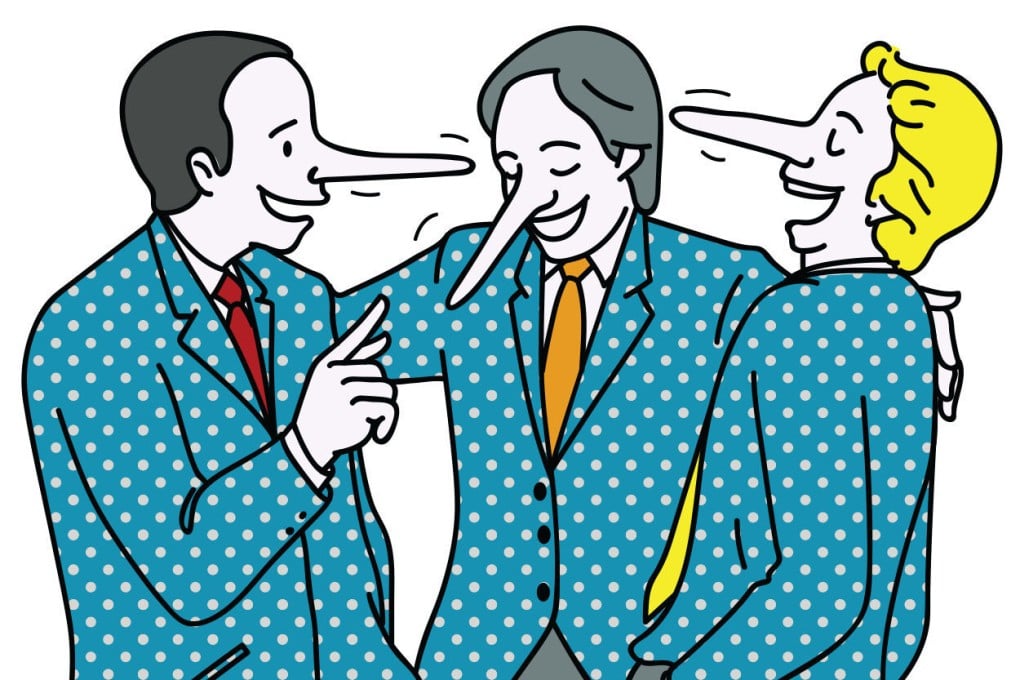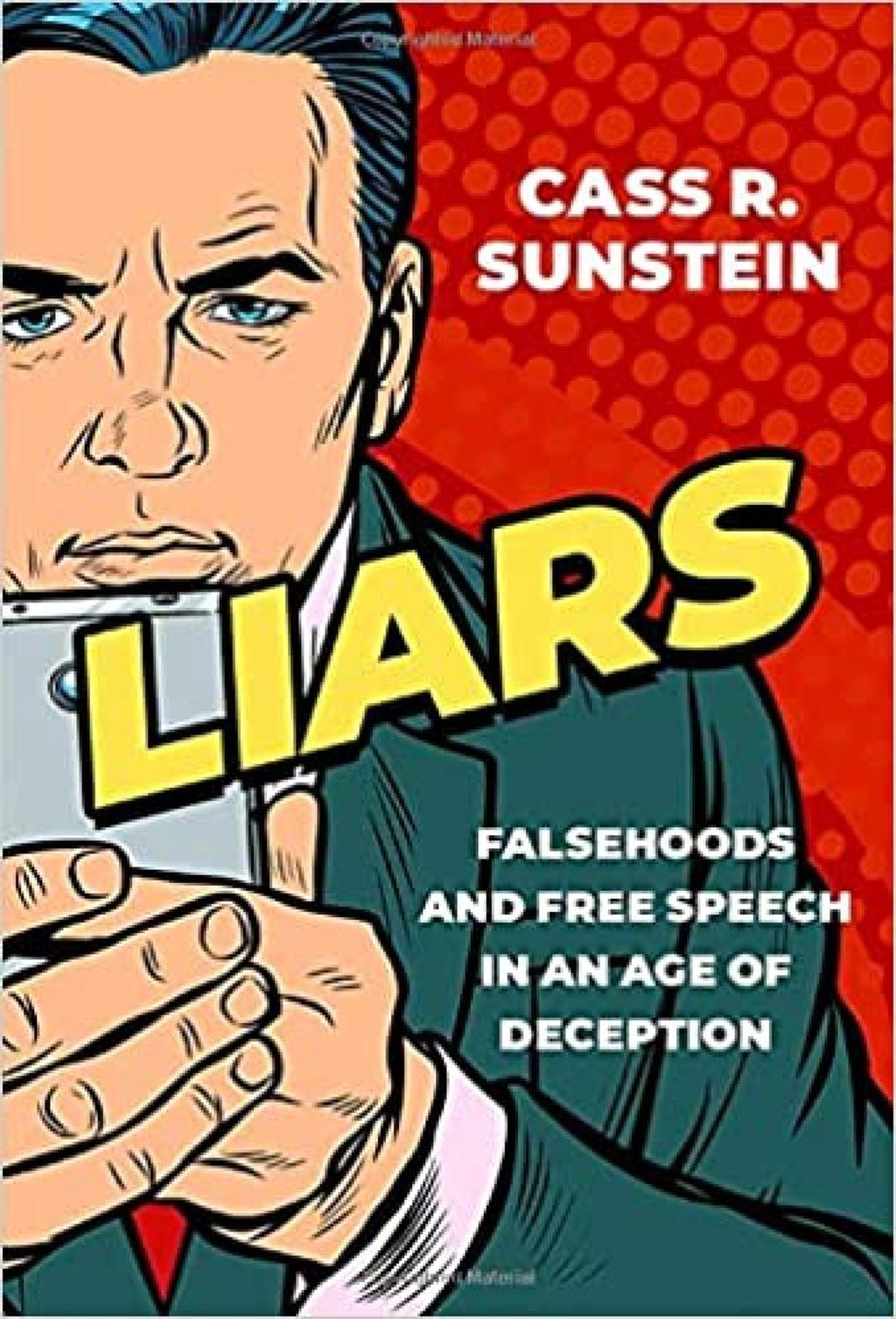Review | Liars: Falsehoods and Free Speech in an Age of Deception by Cass R. Sunstein on how to live with lies
- Harvard Law School professor Cass R. Sunstein’s new book makes the case against censorship, and instead for allowing liars to lie
- Liars: Falsehoods and Free Speech in an Age of Deception spells out why giving governments power to gag those who spread misinformation is a dangerous move

Liars: Falsehoods and Free Speech in an Age of Deception
by Cass R. Sunstein
Oxford University Press
“Right now,” writes Harvard Law School professor Cass R. Sunstein, “a lot of people are falsely shouting fire in a crowded theater. They are causing panics. At the very least, what they are doing is pretty close to that. They are certainly shouting, and what they are shouting is false.”
Sunstein, who worked in the Obama White House and currently advises the World Health Organization, is a prolific writer on public policy. In Liars: Falsehoods and Free Speech in an Age of Deception he offers a lucid tour d’horizon of the issues surrounding lies and misinformation in public life, the consequences of the ease with which they are spread, and the struggle between the need to regulate them and the right to free speech.
“Is there a right to lie? About a pandemic? About health and safety? About a public official? About an actor or musician? About a neighbor? About science? If we are committed to freedom of speech, must we tolerate lies?” he asks.

Most of us would automatically answer with a series of noes – lies must not be tolerated. But Sunstein, in addressing pressing issues such as lying in public office, the spread of anti-vaccine hysteria via social media, and mendacity about climate change, gives a series of heavily qualified yeses, backed up by clear and methodically presented philosophical, psychological, political and legal arguments.